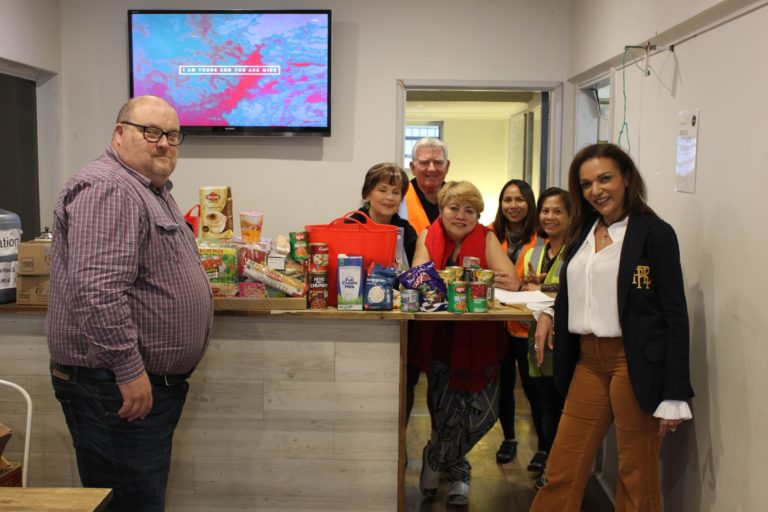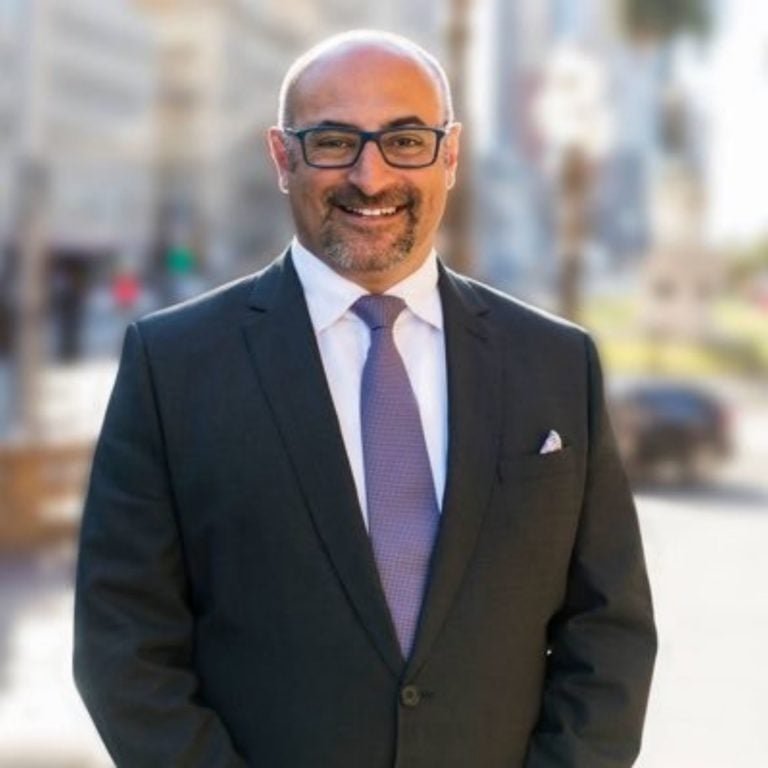The Australian Labor Party (ALP) wants to reignite its commitment to multiculturalism and migrant aspiration. Its defeat to the Coalition last year shone a light on what many see as Labor’s failed election policies. Policies wedded to class warfare and identity, or ‘woke’ politics.
Dr Anne Aly, the Member for Cowan, Western Australia, the first Muslim woman to be elected into Parliament, is leads a new Labor caucus committee focused on rebooting multicultural affairs. Peter Khalil the Member for Wills in Victoria is equally eager to ramp-up Labor’s multicultural policy and heads the ALP’s Multicultural Engagement Taskforce (LMET) aimed at “reconnecting to Australia’s multicultural communities, and to inform, with as many voices as possible, Labor’s policies.”
Many Australians from immigrant backgrounds drifted to the Coalition last year and rejected the ALP’s proposals to scrap negative gearing and to tax franking credits. According to Acting Minister Alan Tudge, the Coalition Government’s Minister for Multicultural Affairs Labor’s electoral policies “alienated many multicultural communities.”
“Labor went to the last election promising higher taxes on retirees and family businesses, abolishing negative gearing and increasing power prices. How do any of these help multicultural communities?
“Australians are aspirational regardless of their background, multicultural communities want a better life for themselves and their kids, and they want a Government whose policies help them get ahead,” Mr Tudge wrote to Neos Kosmos in an email.
George Lekakis AO, the former Victorian Multicultural Commission Chair was scathing in his attack of Federal Labor and the absence of multicultural policy and engagement.
“Federal Labor lost its way with multicultural policy a long time ago in government and opposition.
READ MORE: Do we need to ‘reboot’ our policy of multiculturalism?

“Photo opportunities with electorally important communities prior to elections are the order of the day and have substituted whole of government policies and budgetary outcomes that will build our multicultural nation and meet the aspirations of ethnic communities and deal with the challenges of our diverse country,” says Mr Lekakis to Neos Kosmos.
Dr Aly says the ALP has recognised their shortcomings and “the ALP need to reengage with multiculturalism.”
She wants to look at economic policy and “how it impacts on ethnic communities”, as well as social and cultural policies.
There are two parts to the revamp that Dr Aly seeks, “the development of multicultural policy in its own right, and the other is to cast a multicultural lens over all other policies, so any impact on ethnic communities, old, new and emerging communities are considered deeply.”
“Multiculturalism about everyone in Australia regardless of whether your parents came from England 200 years ago, or Greece 70 years ago, or Egypt 50 years ago, like my family did,” says Dr Aly.
Mr Khalil is focused on migrant aspiration and says, “Regardless of whether a migrant comes from poverty, regardless of wether they come for political reasons, regardless of wether they were middle class, and they all come with aspiration.
Dr Aly and Mr Khalil are both of Egyptian Australian background and both of middle class immigrant families whose parents had to accept lower skilled jobs in Australia. Dr Aly points to research which she says show that “migrants often are forced to work in lower skilled jobs than what they are skilled for.”
“Recent reports reveal that if migrants are employed at their level of skill we would actually inject $6b in the Australian economy.
“You often hear that Australia is the most successful multicultural nation in the world, and yes it is in terms of social harmony and in terms of cultural retention for diverse Australians it is, but we need structural change,” Dr Aly adds.
“Multiculturalism has been reduced to a celebration on Harmony Day, it’s more about food, and culture, which are very important things but it, [Multicultural Policy], has failed to deliver some of the structural changes that are needed to really embrace and take full advantage of our multicultural nation,” says Dr Aly.
According to the Australian Bureau of Statistics (ABS) though, our cultural industries contribute more than $86 billion annually to the national economy – more than the transport industry or welfare sector. The cultural ecology, especially in culinary and arts sectors, provides employment and aids success for migrants and their children.
Dr Aly, when pressed, recognises food, language and culture as important particularly in terms of cultural and, language maintenance and “social cohesion”
“The passing on of cultural traditions and language is essential for the success of multicultural communities,” Dr Aly says.
“Bilingual children have such an intellectual advantage and we need to talk to communities and ask what they want, ethnic communities want schools to teach their kids,” Dr Aly says.
Dr Aly says she’s articulating what many young people from “visibly different” backgrounds feel, like young African Australians, Muslim women who wear the hijab”, and even those us who “may have names that are difficult to pronounce” Dr Aly says face “structural challenges” in entering leadership positions, or politics.
Yet, she recognises that migrants and their children have had significant success in education, banking, and medicine but says more can be done especially in media, arts and politics.
Dr Aly rejects any idea that she is looking at new identity politics born in the US.
“No that’s very dangerous space to move into if it is framed as identity politics.
“Restructuring multiculturalism along social mobility, social capital and social cohesion is important
“Multiculturalism effects “impacts on the British Migrant, the white South African migrant and the Indian migrant, on all Australians” Dr Aly says.
To Mr Khalil multiculturalism “is a binding concept within our society that never stands still.”

“We know that the development of identity and who we are, changes from time to time, generation to generation, and particularly the different migrant groups that have come to Australia, but in the understanding of who we are, as Australians, multiculturalism has an elemental part in our national unity and social cohesion,” Mr Khalil says.
In sharp contrast to Labor’s electoral approach last year Mr Khalil emphasises the individual. “The individual seeks to have a better life in this country, economically, socially, culturally and furthermore it weaves into the greater national aspiration for all Australians, to move into the middle class.
READ MORE: Web Words: Readers share their views from multiculturalism to censorship
“My parents like Anne’s [Dr Aly], were middle class in Egypt, my father was a lawyer and my mother was university educated, they had to go back to the working class when arriving here, and did so, so that the next generation can go to university, get an education and give back to the country that has given them the opportunity for freedom and prosperity
“My parents used to say to me, ‘everyone says that Australia is the lucky country but we are the lucky ones to be Australian’ and to give back to the country that has provided us such an opportunity,” Mr Khalil adds.
Under the former prime minsters Labor and Coalition – Whitlam, Fraser, Hawke and Keating – Australia’s bi partisan multicultural policy architecture had central place in cabinet and bureaucracy, yet since the mid 1990s multiculturalism has been relegated to outer ministries and subjugated to other departments.
Dr Aly and Mr Khalil may, if well guided and open, inform a revitalised view of multicultural policy for Labor’s based on access and equity as much as individual aspiration and success – time will tell.
Updated: An earlier version of this story, which was also printed in Neos Kosmos on Saturday 8 February, attributed Acting Minister Tudge’s comments to Minister Coleman.









